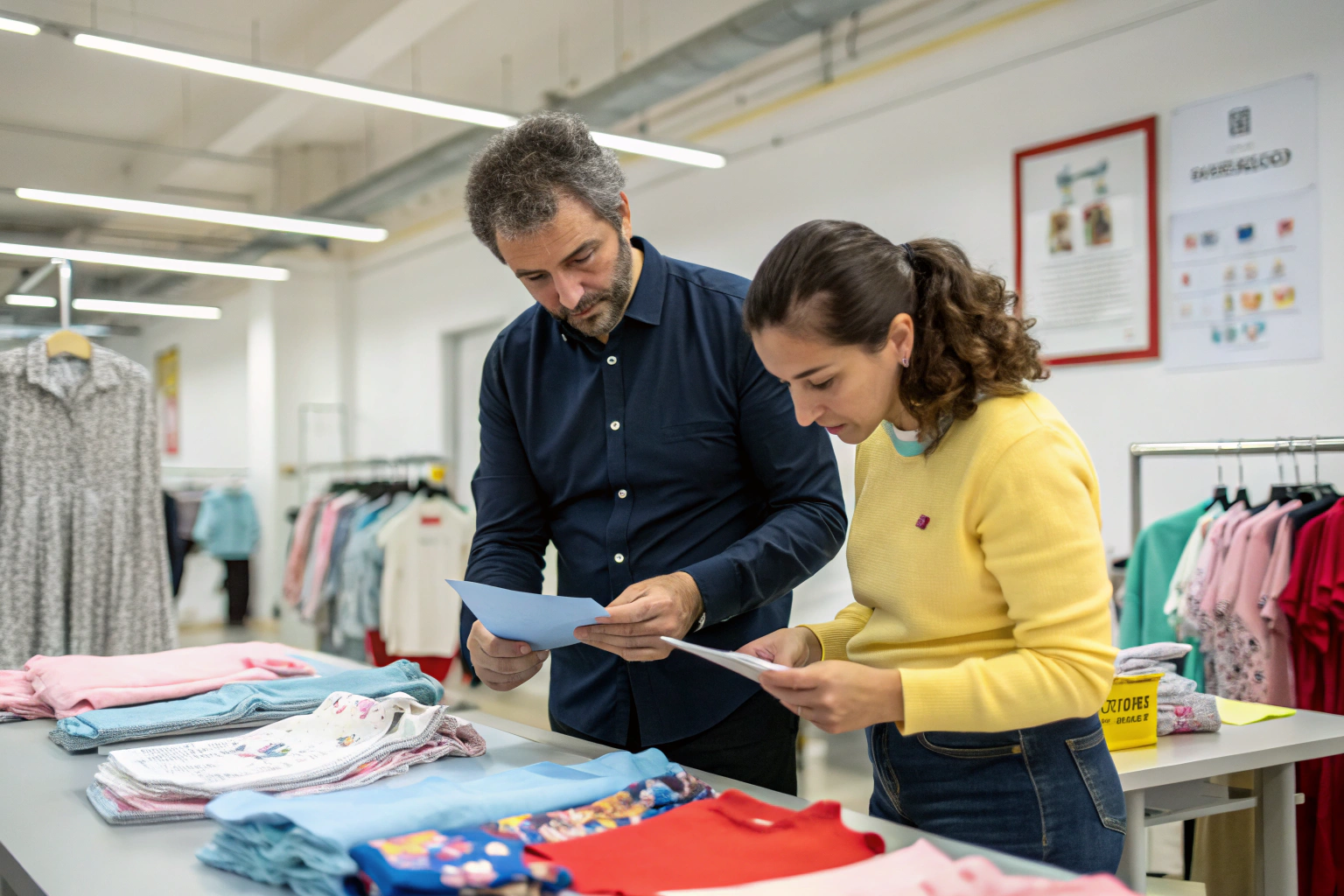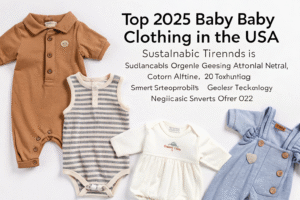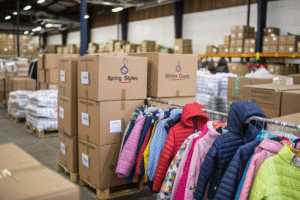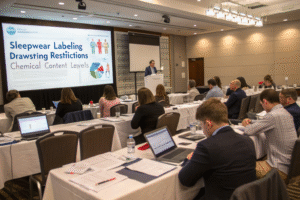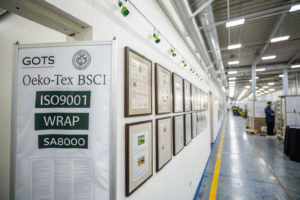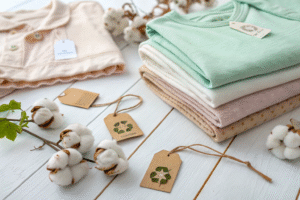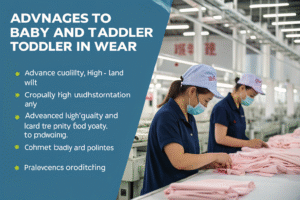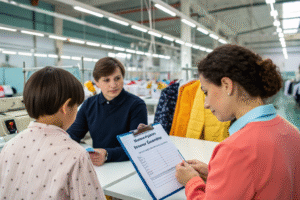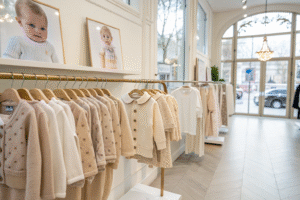If you're launching or scaling a kidswear brand, choosing the right manufacturer is your most important decision. The wrong one leads to delays, failed quality checks, and customer complaints. But the right one? It becomes your brand’s secret weapon.
This article walks you through key factors to look for when selecting a reliable children's clothing manufacturer—covering factory audits, sample processes, communication, and long-term partnership success.
Let’s make sure your supplier supports your vision—not derails it.
What Certifications and Compliance Should You Require?
Certifications are not just paperwork—they are your safety net. Especially in baby and toddler apparel, compliance protects your customers, your brand, and your legal standing.
Reliable kidswear manufacturers should present valid safety and labor certifications and provide third-party testing reports on request.
![]()
Why Do Certifications Matter in Kidswear?
Children’s clothing has strict product safety rules. Without certification, your brand risks recalls or import blocks. Certifications like OEKO-TEX® ensure fabric is free from harmful chemicals. BSCI and SEDEX confirm fair labor conditions in your supply chain.
What Tests Should a Kidswear Factory Pass?
Look for shrinkage testing, colorfastness, pH value, sharp point checks, and flammability testing. Manufacturers working with brands selling in the US or EU should already have test reports from labs like Intertek or SGS.
How Do You Evaluate Product Quality Before Bulk Orders?
Recraft指令--Show a professional technician inspecting baby clothing samples with rulers, measurement charts, and quality control checklists in a clean sampling room. No visible text or faces.
Quality can’t be fixed after shipping—it starts at the first stitch. And sampling is where you separate talkers from doers.
A reliable manufacturer offers detailed samples based on tech packs, allows revisions, and maintains consistent quality from sample to final production.

What Should Be in a Pre-Production Sample?
Your sample should reflect correct fabric, stitching, sizing, trims, and print placement. Ask for detailed photos and video walkthroughs, or even better, request a sample courier delivery. The supplier should include a measurement report and QC checklist with your sample.
How to Spot Red Flags in Samples?
Watch for size inconsistency, print misalignment, messy stitching, or weak seams. If a supplier hesitates to fix issues or charges for every minor change, they’re likely not a good long-term fit. A transparent partner will adjust and optimize without excuse.
What Are the Signs of Transparent Communication?
Even great factories fail when communication breaks down. You need a supplier that responds fast, listens carefully, and documents every decision.
Reliable manufacturers keep communication structured, offer proactive updates, and are clear about capacity, pricing, and timelines.
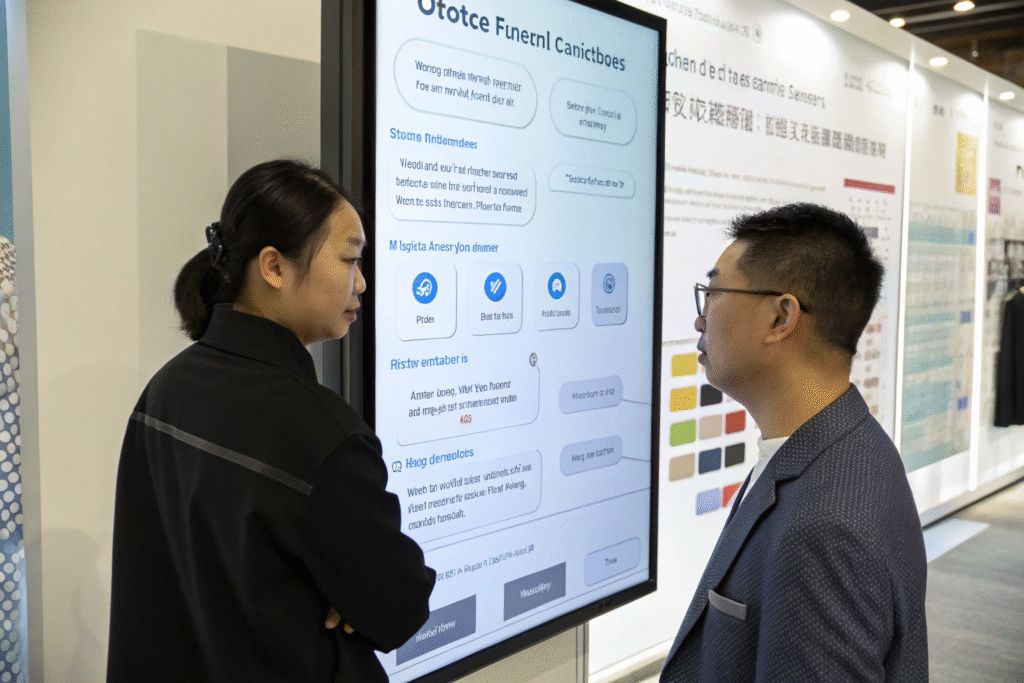
How Often Should You Get Updates?
At minimum, you should receive updates at three checkpoints: sampling, production start, and pre-shipping. Some suppliers offer real-time order tracking or schedule regular Zoom calls to share progress. Clear communication helps prevent costly surprises.
What Are Warning Signs of Bad Communication?
Long delays in email replies, vague answers about order status, or conflicting statements across team members signal risk. Use platforms like Alibaba Trade Assurance or draft a sourcing agreement to protect your order.
How Can You Build a Long-Term Manufacturing Partnership?
Think beyond your next shipment. A reliable manufacturer grows with your brand, not just fills a one-time order.
The best suppliers provide forecasting support, low MOQ programs, packaging services, and repeat production consistency. They become part of your brand team.

What Makes a Factory a Strategic Partner?
Flexible scaling, material consistency, trend updates, and design input help your brand grow. Ask if they offer yearly planning, reserved production slots, or order consolidation to support your margins and inventory planning.
Should You Visit or Audit the Factory?
Yes, if possible. If not, request a live video tour or third-party factory audit before placing a bulk order. A trustworthy manufacturer like Fumao Clothing welcomes transparency—we’ve hosted dozens of clients on-site and virtually.
Conclusion
Choosing a kids clothing manufacturer is more than comparing price quotes—it’s choosing the foundation of your brand.
By focusing on certifications, sample quality, transparent communication, and long-term fit, you’ll avoid supplier headaches and position your label for growth. At Fumao Clothing, we specialize in working with brands that value trust, quality, and agility. Let’s build something beautiful—together.

